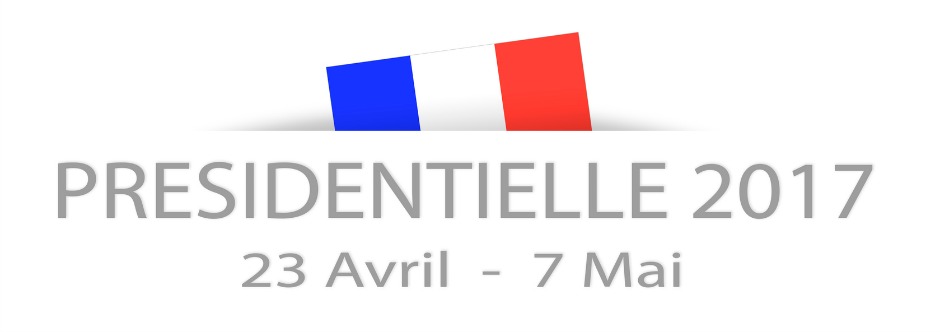It has been a turbulent year for elections. Less than a year ago, the United Kingdom voted in a referendum to leave the European Union. Last November, Donald Trump became president of the United States. Both victories were thoroughly unexpected, and left experts nervous about their impact on the local and global economies and job markets.
Add another election to the equation. In late April, France voted to elect its next candidate. While another candidate in the mold of Donald Trump made it to the final vote – Marine Le Pen, another, centrist candidate Emmanuel Macron is seen as the favorite to replace Francois Hollande in the May 7 run off election.
The outcome of that run off could have significant influence on the labor market, both in France and the EU in general. Le Pen has promised a Frexit to pull France out of the Union, while Macron is firmly entrenched in a pro-EU stance. Who wins might well decide the near- and long-term future of Western Economies.
What Happens if Macron Wins?
We already saw the potential impact of a Macron win. Immediately after he won the initial vote, he was endorsed by other candidates on both side over his political and ideological opponent Le Pen. As a result, trade markets in the European Union immediately stabilized, the French stock market actually hit a 9-year high, and the Euro rose to its strongest mark in 6 months.
Naturally, job markets are expected to follow if the result holds. A vote for Macron is a direct vote to remain in the European Union, supporting open borders that invite international temporary and permanent candidates from other European countries. Given an outdated labor market that has stalled in recent years, that vote of confidence could be vital.
What About Le Pen?
The special nature of this election means that in many ways, the two final presidential candidates are polar opposites. Le Pen openly campaigned against the EU and the Euro, promising to bring France back to a simpler time in which it could rely only on itself to succeed.
We have already seen the potential effects of this type of isolationism during Brexit, which has experienced a stalling labor market in the months since the vote. Some estimates fear that due to less international business involvement, as many as 500,000 jobs could be lost as a direct result of Brexit.
Le Pen is promising that the switch back to the Franc would make French exports more competitive. Experts, however, warn that her intended devaluation could have potentially devastating effect on the country’s internal economy. The job loss (or gain) is difficult to estimate at this point given the many variables, but the uncertainty is far more pronounced.
Estimating Future Impact on Candidates
Candidate behavior, of course, is another important factor of consideration in the French election. In its closest comparisons so far, Great Britain and the United States, the actual job market has not experienced much decline despite the warnings of populist policies. What has changed, however, is the attitude of international applicants toward these countries.
The U.S. in particular is experiencing a high degree of uncertainty among professionals around the globe after promises (and first measures) to revoke H1B visas for highly skilled foreign workers. Le Pen has promised to pursue similar policies, which will likely result in similar outcomes.
Applicant attitudes in Europe, of course, also matter. In England, a number of sectors have reported difficulty in hiring staff based in the European Union since the Brexit referendum. It’s no stretch to suggest that similar problems will arise in France should Le Pen win the election.
Ultimately, we don’t yet know who will become France’s next president, or what that vote will do to both the labor market and the attitudes of both native and international applicants. What we do know is that for the foreseeable future, it will be a market to watch for any employer looking to conduct business or hire employees. Depending on the election’s outcome, we could see a stabilization of markets – or a continuation of the uncertainty promoted by peculiar candidates around the Western World.
.

